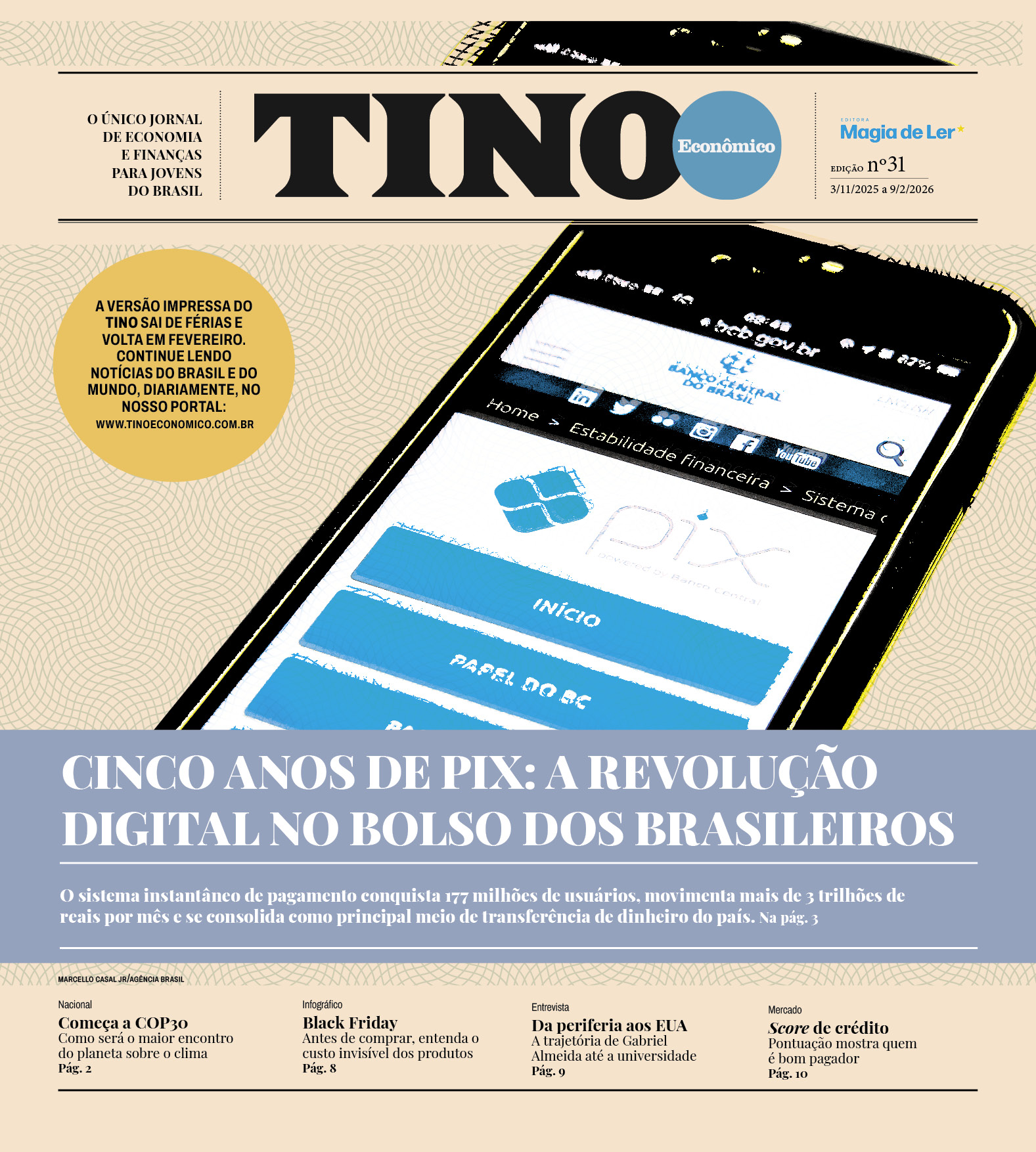 Foto: Getty Images
Foto: Getty Images Over the last two years, no new company has debuted on the Brazilian stock exchange. It is the longest period without an initial public offering (IPO) in 25 years. And according to a report by the Valor Econômico, this shortage of companies on the stock exchange is expected to last at least until the end of March.
What does this fact indicate about our economy?
IPOs are a way for companies to raise money to implement growth projects. When they go to the stock exchange, the company starts selling its shares. And all the money made from this sale stays with the company. The people who keep the shares, in turn, become investors and partners in the company.
The main objective of these investors is to make money, that is, to buy the share at a certain price, betting that this value will increase in the future. Thus, when they can sell the share for a higher price than the purchase price, they make a profit on the transaction.
The influence of the economic scenario
Of course, this type of investment has a risk, after all, it depends on the company actually being able to sell more and make the business grow. However, companies are subject to external factors, such as consumer demand, the supply of raw materials and, sometimes, even weather conditions.
This is why when the economic scenario is uncertain, fewer companies decide to resort to an IPO. Uncertainty regarding business growth can scare away potential investors.
Another factor that influences companies deciding to go public is the Selic Interest Rate, which is the basic interest rate in Brazil.
When the Selic is high, fixed income investments become more attractive, promising greater returns. The interest rate in Brazil began an upward trend in 2021 and reached a level of over 14%. However, since the beginning of this year, the Copom (the Monetary Policy Committee) began to reduce the percentage, which today stands at 12.25%. The possibility of receiving a 12.25% return on a fixed income investment makes investors less likely to invest in shares.
This is why fewer companies have chosen to go public.








